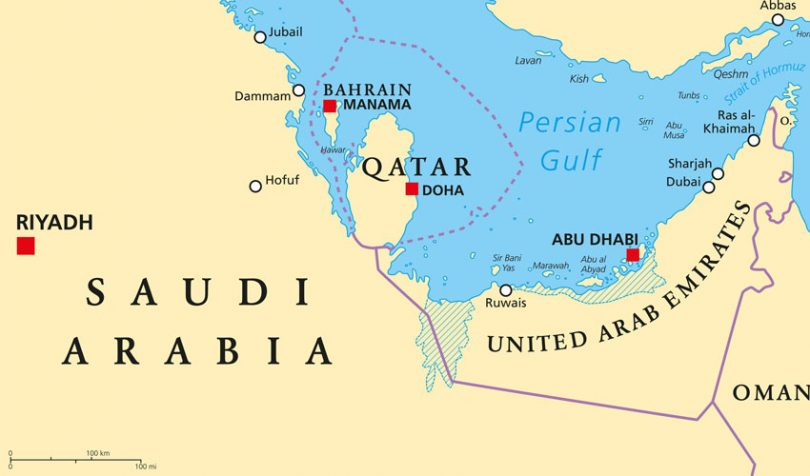On Saturday the governments of Saudi Arabia and the United Arab Emirates announced a new cross border digital currency initiative. It’s just one of seven projects unveiled as part of the Saudi-Emirati Coordination Council which has a vision of economic, social and military integration between the two countries.
The announcement said that the Saudi-Emirati pilot digital currency was launched during the meeting. According to the statement: “The cross-border digital currency will be strictly targeted for banks at an experimental phase with the aim of better understanding the implications of Blockchain technology and facilitating cross-border payments.”
It’s unclear whether this will be a joint Central Bank Digital Currency (CBDC). If it is a CBDC, it’s a “wholesale” one given it’s only meant for use by banks.
One of the countries to extensively explore CBDC’s is the Monetary Authority of Singapore (MAS). Both MAS and the Dubai Financial Services Authority are members of the Global Financial Innovation Network (GFIN) which is designed to be a global sandbox for financial innovation and to “trial cross-border solutions”.
Digital Currency benefits
The Saudi-Emirati statement referred to a single digital currency. The purpose is usually two-fold. Firstly, creating digital money to use alternative international payment rails other than SWIFT. But it’s not necessary to use a special currency to use an alternative payment rail. And the second benefit is to save on foreign exchange costs by using a single intermediate digital currency that is usually used for many different currency pairs.
To execute foreign exchange transactions, banks usually need a foreign currency bank balance with the other bank it’s trading with. Having lots of foreign currency bank accounts is expensive. Alternatively, they use third-party correspondent banks who hold the foreign currencies at the counterparty bank. That’s also not cheap.
The cryptocurrency alternative is to hold a single digital currency rather than several foreign currency ones. The digital currencies are usually cheaper to exchange, though there is still some foreign currency risk.
The current high profile blockchain solutions are the Ripple and Stellar networks, and their related currencies XRP and Stellar Lumens. One of the biggest remittance companies in the UAE is using Ripple already.






